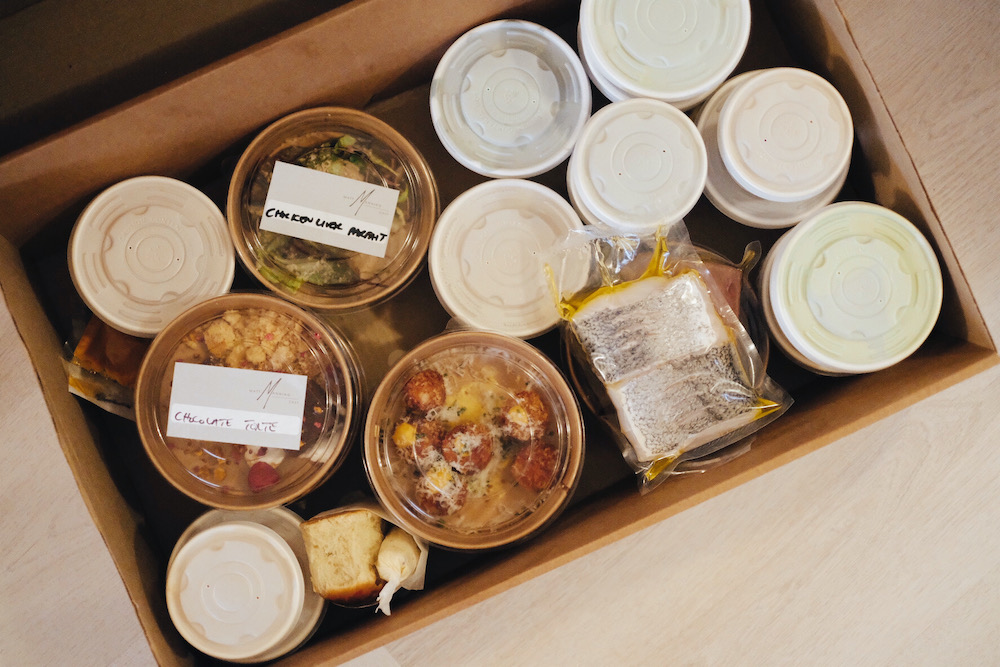We feel terrible, because we’ve been so quiet. Forgive us! Over the past few months, and between the two of us, we’ve both gotten stuck into the world of wine as working girls, and it would only be fair to say that it is a huge learning curve between student and work life. That said, during all this time, we haven’t abandoned our fervour for wine, and indeed, it’s intensified. We’ve got a lot of exciting plans up our sleeve, but in the meantime, here’s a little bit about the trend of Organic Wine.
What is an organic wine? Much like your organic fruits and veggies, organic wine is made with organically grown grapes, grown without the use of chemical fertilizers, pesticides, or other artificial chemicals (the opposite of a standard, non-organic wine). Simple! Now the more important question: Should I bother?

 To figure it out, I headed to Silvermist Wine Estate located at the top of the Constantia Valley on a rather misty, winter day. Silvermist prides themselves on being organic, and they have innovatively adapted themselves to their surroundings, allowing the natural Cape fynbos to grow amongst the vineyards, while ducks provide pest control and all composts are prepared on the farm from natural sources to promote self sufficiency. It’s a very commendable approach, but how does it impact the end product?
To figure it out, I headed to Silvermist Wine Estate located at the top of the Constantia Valley on a rather misty, winter day. Silvermist prides themselves on being organic, and they have innovatively adapted themselves to their surroundings, allowing the natural Cape fynbos to grow amongst the vineyards, while ducks provide pest control and all composts are prepared on the farm from natural sources to promote self sufficiency. It’s a very commendable approach, but how does it impact the end product?
A tasting is the only logical option to figure this out. The Silvermist Organic Single Vineyard Sauvignon Blanc 2014 was the obvious choice, being the pride and joy of the farm as it is the only 100% certified organic wine the farm currently offers, with the other vineyards still undergoing conversion (it’s a lengthy process). Not sure what to expect, I was surprised when the nose and palate didn’t shout ‘I’M DIFFERENT TO ANYTHING ELSE YOU’VE TRIED’ at me. That’s not to say the wine wasn’t enjoyable, it was lovely, but as far as distinguishable from any other Sauvignon Blanc I’ve tried, there wasn’t any obvious differences. Why?

 Organic doesn’t aim to make wine holier than thou and taste completely different. The wine is still made with the aim to be a well-integrated body of work, and can still include natural additives, including things like yeast, egg whites, and animal enzymes. It may also contain added sulphites. Sulphites (a natural bi-product from the sulphur-dioxide used in the winemaking process) are not bad, but it is one of the key differentials between an organic and a biodynamic wine (a whole other animal which we covered here). So the wine isn’t au naturel as one might think.
Organic doesn’t aim to make wine holier than thou and taste completely different. The wine is still made with the aim to be a well-integrated body of work, and can still include natural additives, including things like yeast, egg whites, and animal enzymes. It may also contain added sulphites. Sulphites (a natural bi-product from the sulphur-dioxide used in the winemaking process) are not bad, but it is one of the key differentials between an organic and a biodynamic wine (a whole other animal which we covered here). So the wine isn’t au naturel as one might think.
To answer the question then, should you bother?
 Accept that it’s not so much about the taste of the wine. You drink organic because it’s a philosophy you support. Drinking organic, much like eating organic, comes down to the inherent belief of wanting to do less harm to the world, and your body. Much like most things in life, it comes down to personal preference. But if you’re a fan of supporting sustainable vineyard practices, avoiding chemicals, preserving our ecosystems, reducing pollution and preserving agricultural diversity then yeah, when possible – get bothered.
Accept that it’s not so much about the taste of the wine. You drink organic because it’s a philosophy you support. Drinking organic, much like eating organic, comes down to the inherent belief of wanting to do less harm to the world, and your body. Much like most things in life, it comes down to personal preference. But if you’re a fan of supporting sustainable vineyard practices, avoiding chemicals, preserving our ecosystems, reducing pollution and preserving agricultural diversity then yeah, when possible – get bothered.




















4 Comments